AUDIO PODCAST OPTION OF THE MULE REVIEW
SHORT TAKE:
Rough but insightful view of the true story of an 88 year old man’s experiences as a mule for a drug cartel, with some autobiographical overtones for Eastwood in the foolish sacrifice the main character makes of his family in preference for his business life.
WHO SHOULD GO:
Adults only for language, topics, and environments which include wild parties, drugs and scantily clad prostitutes.
LONG TAKE:
SPOILERS
I admire those who make movies that are completely politically incorrect. It takes great big brass bowling, base, golf, and basket ones to do so in this day and age. And that’s what I love about Clint Eastwood – and he must have a large collection of sports equipment. At the age of 88, with a repertoire of films including cultish Spaghetti Westerns like 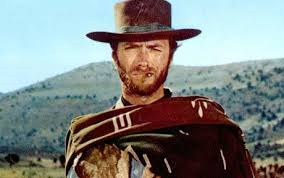 The Good, The Bad and The Ugly, action icons like
The Good, The Bad and The Ugly, action icons like 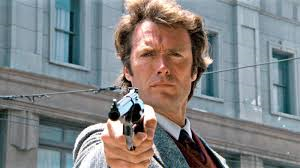 Dirty Harry, directorial accomplishments like
Dirty Harry, directorial accomplishments like 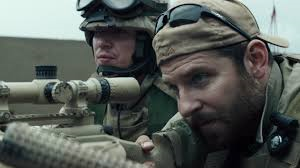 American Sniper, even comedies like
American Sniper, even comedies like 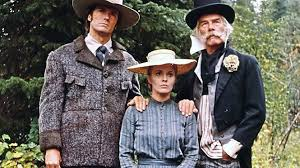 Paint Your Wagon
Paint Your Wagon 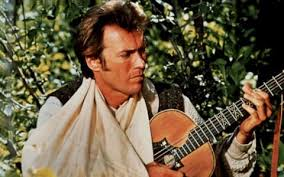 (did you know before The Mule he could sing…well carry a tune) and masterpieces which he has directed and starred in like
(did you know before The Mule he could sing…well carry a tune) and masterpieces which he has directed and starred in like 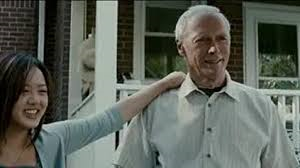 Gran Torino and
Gran Torino and 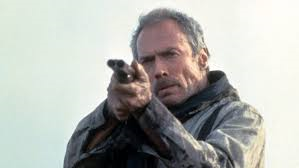 Unforgiven, I do not think Clint Eastwood has anyone to prove himself to or fear but God.
Unforgiven, I do not think Clint Eastwood has anyone to prove himself to or fear but God.
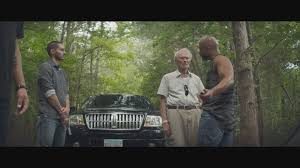 There is a wise saying: If you can’t be a good example, be a horrible warning, and Eastwood’s main character, Earl, is that person who, by his own warning, is not someone whose behavior you would want to adhere.
There is a wise saying: If you can’t be a good example, be a horrible warning, and Eastwood’s main character, Earl, is that person who, by his own warning, is not someone whose behavior you would want to adhere.
The Mule is about an elderly man, Earl Stone who, at the end of his rope financially and anxious to make amends with his estranged family, becomes a transport for a cartel of drug dealers.  Earl has spent his love and devotion on an ultimately unsuccessful day lily nursery instead of his family. With this in mind, the movie becomes a horrible warning against living a misdirected life with the day lily as a wonderful symbol of the brevity of our time on Earth which, like our lives, blooms for a day then fades.
Earl has spent his love and devotion on an ultimately unsuccessful day lily nursery instead of his family. With this in mind, the movie becomes a horrible warning against living a misdirected life with the day lily as a wonderful symbol of the brevity of our time on Earth which, like our lives, blooms for a day then fades.
While Earl’s motives in the movie may be noble and the money he earns is spent on worthwhile events: his daughter’s wedding and the renovation of the local Veterans Lodge, 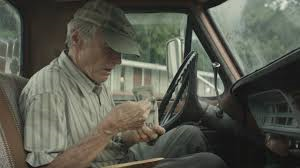 it does not excuse his participation as one of the links in the drug trade which destroyed so many other people’s lives, even as he was reinvigorating his own. The story is based upon the real life Leo Sharp, featured in a New York Times article by Sam Dolnick.
it does not excuse his participation as one of the links in the drug trade which destroyed so many other people’s lives, even as he was reinvigorating his own. The story is based upon the real life Leo Sharp, featured in a New York Times article by Sam Dolnick.
I heard it speculated that there was an element of autobiography for Eastwood in this story. 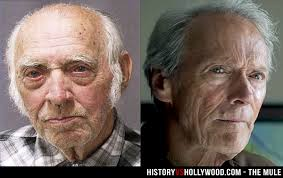 Not that Mr. Eastwood has ever conveyed illegal pharmaceuticals for Mexican drug lords, but that Eastwood, much like the character he portrays, in his pursuit for fame, financial security and business success may have felt he traded his family life for an ambitious career. It is a fine line to walk, between working hard to care for your family and to trade your family for your work.
Not that Mr. Eastwood has ever conveyed illegal pharmaceuticals for Mexican drug lords, but that Eastwood, much like the character he portrays, in his pursuit for fame, financial security and business success may have felt he traded his family life for an ambitious career. It is a fine line to walk, between working hard to care for your family and to trade your family for your work.
Eastwood is a fine character actor, who has made a career of portraying the same interesting, likeable character in a wide variety of movies. There’s little difference among the likes of the cheroot chewing 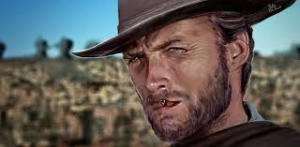 Blondie in The Good, the Bad and the Ugly, looking down the barrel of the very big gun of Inspector Calahan in the Dirty Harry franchise, the singing Pardner in Paint Your Wagon, the scheming eponymous character in
Blondie in The Good, the Bad and the Ugly, looking down the barrel of the very big gun of Inspector Calahan in the Dirty Harry franchise, the singing Pardner in Paint Your Wagon, the scheming eponymous character in 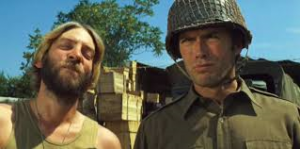 Kelly’s Heroes, the stubborn but surprisingly kind Walt Kowalsski in Grand Torino or
Kelly’s Heroes, the stubborn but surprisingly kind Walt Kowalsski in Grand Torino or 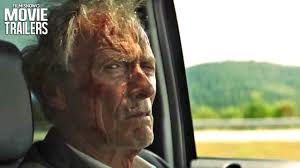 Earl in The Mule. All of them face the world with the same gritty, teeth grinding, begrudgingly amused side long view. All of them are tough guys who mean well at their core even when doing something they know is wrong. All are portrayed with the gravel-voiced determination of a man with whom you do not want to cross swords.
Earl in The Mule. All of them face the world with the same gritty, teeth grinding, begrudgingly amused side long view. All of them are tough guys who mean well at their core even when doing something they know is wrong. All are portrayed with the gravel-voiced determination of a man with whom you do not want to cross swords.
But in The Mule, Eastwood is willing to openly show the fragility of his old age which, even so,  does not stop either Earl, the Mule or Eastwood, the director, from soldiering on in this slice of life movie.
does not stop either Earl, the Mule or Eastwood, the director, from soldiering on in this slice of life movie.
The acting is wonderful. 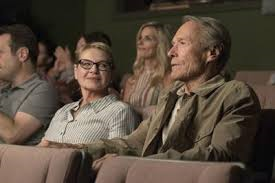 Dianne Wiest portrays his wife, Mary, with all the intimacy of betrayal in a failed marriage between two people who have loved each other for decades.
Dianne Wiest portrays his wife, Mary, with all the intimacy of betrayal in a failed marriage between two people who have loved each other for decades.  Bradley Cooper plays the determined DEA agent who pursues Earl to the exclusion of family events, and in this way discovering, perhaps in time, he has much to learn from the misaligned Earl.
Bradley Cooper plays the determined DEA agent who pursues Earl to the exclusion of family events, and in this way discovering, perhaps in time, he has much to learn from the misaligned Earl.  And Andy Garcia portrays the deceptively likeable drug lord Laton.
And Andy Garcia portrays the deceptively likeable drug lord Laton.
If this happens to be the last movie the aging Eastwood is in, it would be a fitting denouement and ties in some of his most recent accomplishments. For example, 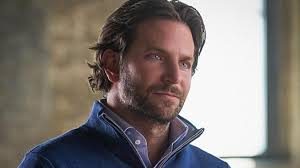 Cooper, who plays the DEA agent in pursuit of Earl, and Eastwood, worked together before on American Sniper. Eastwood had once offered to direct Cooper again in Cooper’s then planned remake of A Star is Born, but Cooper wasn’t ready for the role. Eastwood later encouraged Cooper to direct
Cooper, who plays the DEA agent in pursuit of Earl, and Eastwood, worked together before on American Sniper. Eastwood had once offered to direct Cooper again in Cooper’s then planned remake of A Star is Born, but Cooper wasn’t ready for the role. Eastwood later encouraged Cooper to direct  A Star is Born himself and history was made with that interesting film, which I reviewed here.
A Star is Born himself and history was made with that interesting film, which I reviewed here.
In another tie-in with old friends, the credit’s song, Don’t Let the Old Man In, was written expressly for this movie by Eastwood’s friend and golf buddy 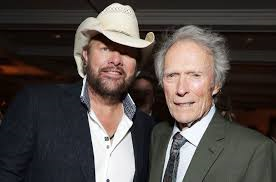 Toby Keith, inspired by a comment Eastwood made to Keith about how to keep going despite age. Keith wrote and sang the tune as a demo and sent Eastwood a copy. So anxious was Keith to have Eastwood hear it that Keith sang it while struggling with a bad cold. Eastwood loved the rough, dark, weary feel of it and used it exactly as Keith had recorded it for the movie.
Toby Keith, inspired by a comment Eastwood made to Keith about how to keep going despite age. Keith wrote and sang the tune as a demo and sent Eastwood a copy. So anxious was Keith to have Eastwood hear it that Keith sang it while struggling with a bad cold. Eastwood loved the rough, dark, weary feel of it and used it exactly as Keith had recorded it for the movie.
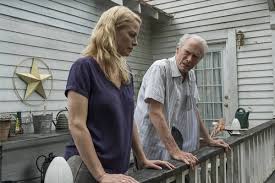 And most touching, Eastwood’s own real life daughter Alison came out of acting retirement at the behest of her Dad to play Iris, Earl’s estranged daughter.
And most touching, Eastwood’s own real life daughter Alison came out of acting retirement at the behest of her Dad to play Iris, Earl’s estranged daughter. 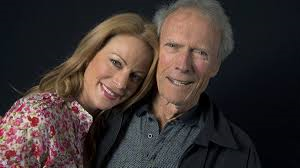 Alison commented in one interview that the most difficult part of playing Iris was pretending to be estranged from the man who played her character’s father,
Alison commented in one interview that the most difficult part of playing Iris was pretending to be estranged from the man who played her character’s father, 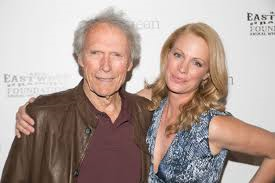 her own Dad.
her own Dad.
Filmed with a certain fatalistic feel, knowing this can not end well, we ride along and are seduced into empathizing with the 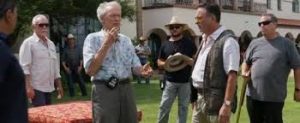 amoral Earl as he bounces from attending his granddaughter’s wedding to a multi-hooker party at his cartel boss’ mansion.
amoral Earl as he bounces from attending his granddaughter’s wedding to a multi-hooker party at his cartel boss’ mansion.
Other reviewers have noted that Eastwood, with Mule, is signaling his bestowal upon Bradley Cooper of his outre mantle, a blessing of sorts to Cooper, the accomplished and busy actor and director who still finds the time, energy and whimsical playfulness to bring Rocket’s voice from  Guardians of the Galaxy to life.
Guardians of the Galaxy to life.
In medical school there is a name given to the prize for the student who made the top grade in Anatomy – “The Ball and Chain”. The implication being that you have set yourself up for a high bar to continue to have to leap over. In The Mule there is a telling and touching scene where Earl, the mule which Cooper’s character, Colin Bates, has been doggedly pursuing, sits down next to Colin in a diner. Colin has no idea who Earl is, so underestimated is Earl for the better part of 10 years of drug running because of his age and otherwise clean record. Earl knows who Colin is and proceeds to give what appears to be off hand advice about not committing himself to his career to the exclusion of his family. In retrospect was this Earl to Colin or Clint to Bradley…or both?
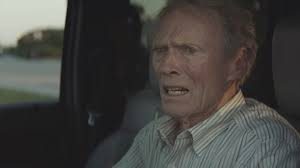 I find it courageous that Eastwood not only exposes his own human aged physical frailty to an audience which has grown up and grown old watching him move from an action hero to an increasingly fragile man, but makes himself vulnerable to inquiries about his own interpersonal failures. Much like most in Hollywood he has had his share of failed relationships and left a trail of at least 7 children. And it takes a measure of brave self-perception to admit, even if only tangentially, that you may have failed to do your best to put your familial ties ahead of your own ambitions.
I find it courageous that Eastwood not only exposes his own human aged physical frailty to an audience which has grown up and grown old watching him move from an action hero to an increasingly fragile man, but makes himself vulnerable to inquiries about his own interpersonal failures. Much like most in Hollywood he has had his share of failed relationships and left a trail of at least 7 children. And it takes a measure of brave self-perception to admit, even if only tangentially, that you may have failed to do your best to put your familial ties ahead of your own ambitions.
While not for a younger crowd due to topics, language, and sexuality, for the adult crowd it is a fascinating examination of how easy it is, one daily mistake at a time, to lead your life down a long wrong path in a way that can do permanent and irreparable damage to those you might find too late you love most.
Kudos to Mr. Eastwood. And while I hope this is not his last film, if it is, it is not a bad bookend to his cinematic legacy, and a fitting epitaph to a man whose devotion to and accomplishments for the cinematic world, have been remarkable, even if it may have come at great personal sacrifice.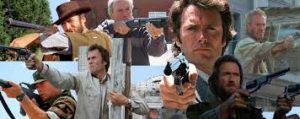
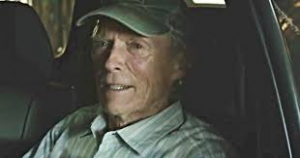

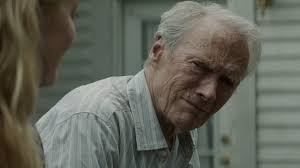
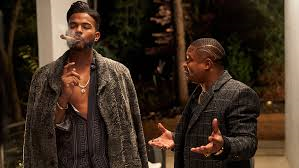
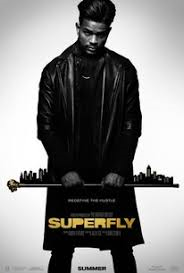
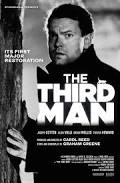
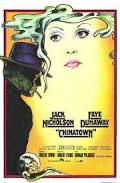
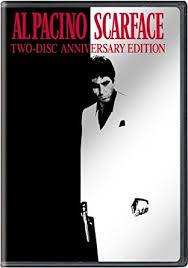
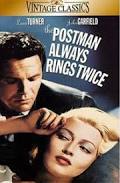
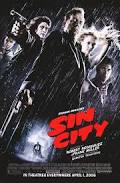
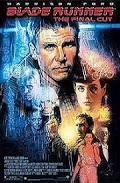
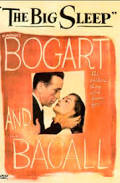
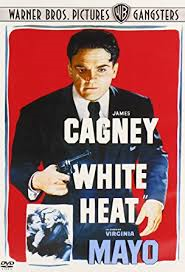
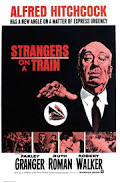

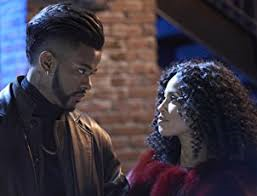
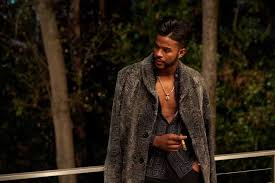

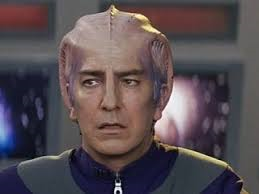
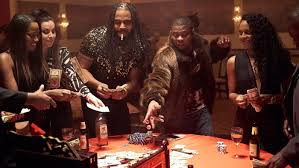
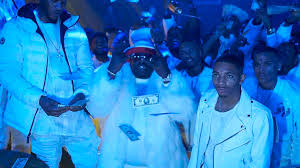

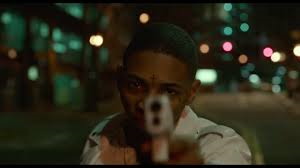
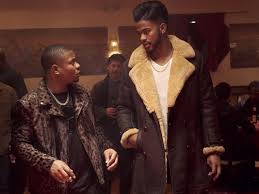
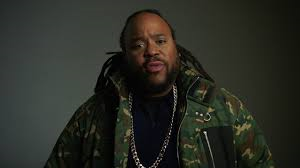
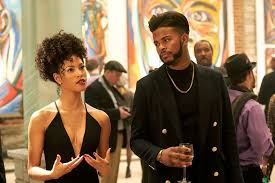

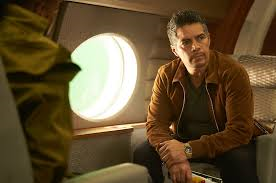
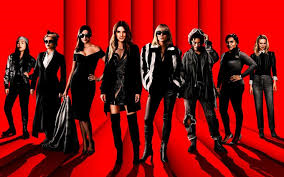


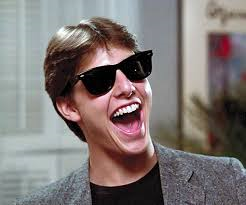
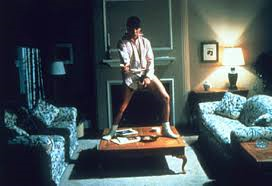
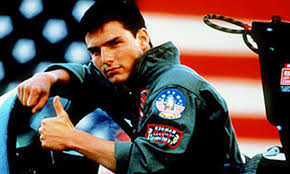
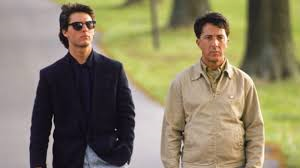
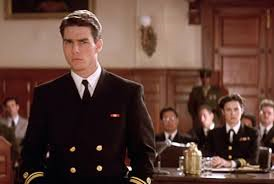
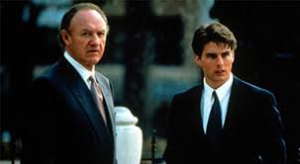

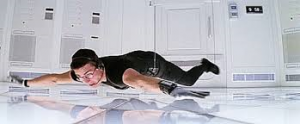
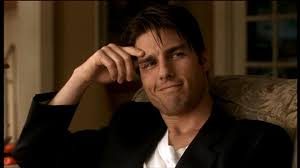
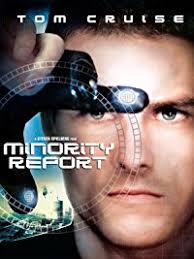
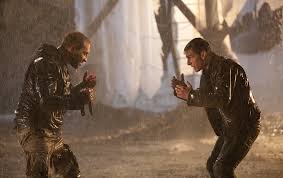

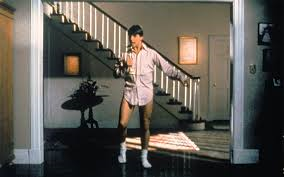

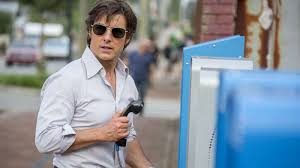

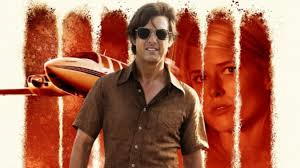
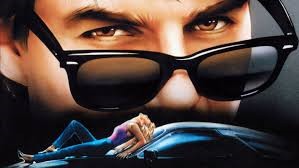

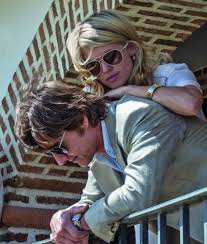
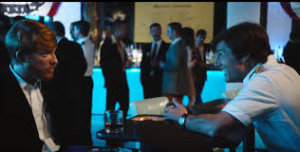
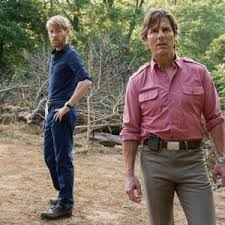
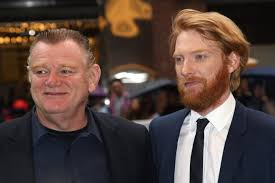



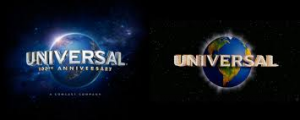

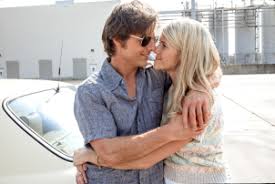
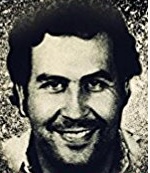
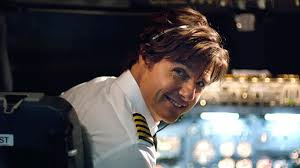
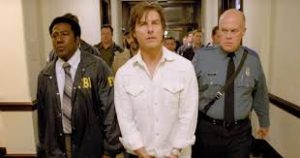 American Made is fascinating in the same way that is watching an unavoidable train wreck in progress. The entire time I was writing this review I couldn't get Glenn Frey's prescient and period perfect 1984 song out of my head, especially the lines:
American Made is fascinating in the same way that is watching an unavoidable train wreck in progress. The entire time I was writing this review I couldn't get Glenn Frey's prescient and period perfect 1984 song out of my head, especially the lines: